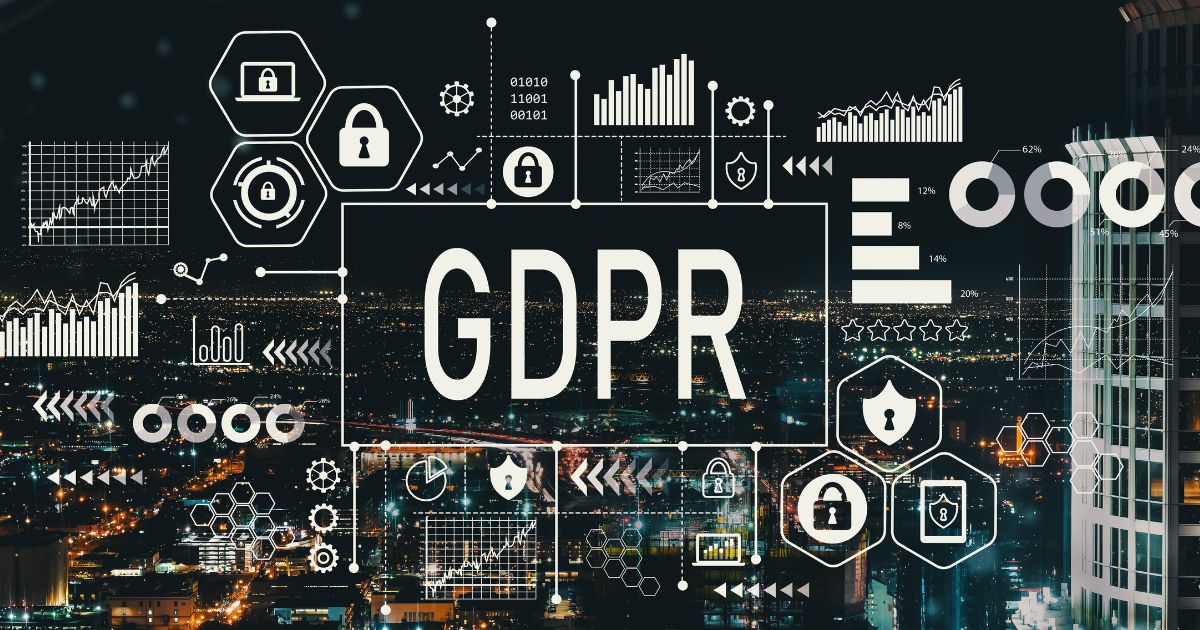Let's talk about the European privacy regulation and the GDPR obligations
The General Data Protection Regulation (GDPR) is an important regulatory framework that aims to ensure the protection of personal data of citizens of the European Union, it is about a very important step in the protection of privacy to which it is essential to adapt. But who has to adapt to comply with this new rule? In this article we will talk about GDPR, who has to do it and for what reason.
With increasing digitization and global interconnectedness, the GDPR is vital to ensure that personal data is treated responsibly and securely. The GDPR question who has to do it, therefore, can be answered all companies that process personal data of EU citizens who must undertake to comply with the GDPR by adopting adequate measures to protect data and guarantee the rights of data subjects, remembering that non-compliance can lead to significant penalties.
Therefore, it is essential that organizations understand the importance of the GDPR and integrate technological tools and solutions into their internal management necessary to ensure compliance.
What is the GDPR
The GDPR is a regulation that was introduced on May 25, 2018 as a regulation of the European Union aimed at protecting the rights and privacy of European citizens and applies to any form of processing of personal data, including the collection, storage, processing, transmission and deletion of such data.
Its main purpose is to give citizens control over their personal data and to establish clear rules for the treatment and management of such data, focusing on several points:
- the protection of personal data: the GDPR has introduced a number of rights for individuals with respect to their personal data, including the right to access, rectification, be forgotten and data portability. This ensures that people have control over their data and can make informed decisions about its use;
- explicit consent: the regulation requires the explicit consent of individuals for the processing of their personal data, companies must therefore provide clear and understandable information on the purposes of the processing and obtain explicit consent from the interested parties;
- the responsibility of companies: the GDPR places greater emphasis on the responsibility of companies in the protection of personal data which must, therefore, adopt adequate technical and organizational measures to guarantee data security, notifying security breaches within 72 hours;
- significant penalties: there are significant penalties for companies that fail to comply with data protection rules; fines can be up to 4% of global annual turnover or €20 million, whichever is higher.
GDPR who has to do it
But who should do the GDPR? As mentioned above, all companies that process personal data of citizens of the European Union. Indeed, the GDPR aims to harmonize data protection laws within the EU and to provide a coherent regulatory framework for both public and private organizations.
The regulation applies to all companies that process personal data of users in the context of their commercial activities or offer of services:
- land companies and organizations in the EU who process personal data of citizens of the European Union, regardless of their headquarters or their jurisdiction;
- companies outside the EU: companies outside the European Union must also comply with the GDPR if they process personal data of EU citizens in the context of offering goods or services or monitoring the behavior of data subjects in the EU;
- the data processors (organizations that determine the purposes and means of data processing) and joint managers (organizations that share responsibility for data processing).
Opentech alongside companies
Now that the GDPR is clear who has to do it, it is important to understand how specific software can facilitate business management by ensuring full compliance. Opentech is a leading software house in the IT sector that has been working alongside entrepreneurs and companies for years, supporting them thanks to ever faster, safer and more performing technological solutions such as Go GRC 2.0 suite.
It is an absolutely complete and efficient modular and customizable tool that can really make company work easier and smoother, leading to considerable savings in time and money. If now that you know the GDPR who has to do it and you think you need a solution software, request one right away advice.








